Born in Münster, Germany • Birth year 1988 • Studied Mathematics in Münster, Germany • Highest Degree PhD in Mathematics • Lives in Hamburg, Germany • Occupation Research Scientist in Medical Imaging
The decision of what to study was not clear to me for a long time. I always liked math, but I could not really imagine what a job as a mathematician could look like. Only after discussing with family and friends at the end of my high school time, but especially with my godfather who very convincingly told of his positive experiences of working with mathematicians and of the usefulness of their skills, I discovered the diversity of applications. Being a person who had always been struggling a bit with making decisions, I immediately liked the idea of not limiting my future job perspectives in industry by the choice of the subject. I probably made my final decision during one of the annual university events where high school students can attend different university lectures for one day. Since I was quite undecided, I prepared a schedule and planned to attend lectures in different departments, amongst others in the medical and pharmaceutical department. I had seen some math lectures before and I liked them a lot, so I wanted to explore other options and focus on subjects other than mathematics to try and see if I would like those even more. So, I decided to attend a pharmaceutical lecture, but I knew immediately that this was not going to be my profession. I left 10 minutes after the lecture started and just went over to the math department again to yet attend another lecture. As soon as it started, I realized that the only reason I went there was to treat myself at the end of the day, because I knew I would enjoy it. That insight finally led me to the conclusion that I did not need to continue searching for anything else. I had already fallen in love with mathematics, especially the logic and the fact that everything makes sense if one just follows every single step in calculations or proofs accurately.
In the end, it did [work out], and I am more than happy that I took the risk to fail.
In the beginning of my math studies, I was surprised about the speed of the actual lectures and how different they were from the classes taught in school. I never regretted my decision, but the first two or three semesters were not easy for me to master. However, things became easier once I was able to specialize further in my studies. Even though I always thought I wanted to stay away from numerical mathematics, I eventually ended up putting the entire focus on applied mathematics and I also specialized in this field during my Master’s. Despite my previous hesitation, I quickly realized how much I liked the lectures and that they suited me more than the purely theoretical ones. The question about whether to do a PhD or not was a tough one again. I was doubting myself, but I already knew deep down that I had to give it a try. Otherwise, I would have always regretted not trying and wondered whether it would have worked out. In the end, it did, and I am more than happy that I took the risk to fail.
(…) I am happy that I still need many of the concepts and techniques that I learned at university.
After finishing my PhD, I left academia and I am now working in industry. I feel lucky that I still work in the same field I researched when I was at the university with similar applications in medicine. Therefore, the transition from academia to industry was quite smooth. Even though mathematicians are often in high demand on the job market for their way of thinking, but not necessarily for the direct knowledge obtained in math lectures, I am happy that I still need many of the concepts and techniques that I learned at university. I work in medical image computing and contribute to different aspects of enhancing CT and MRI acquisitions. Hence, I still apply some learned algorithms and I can also still be creative in the way of optimizing and adapting them to be suitable for specific applications.

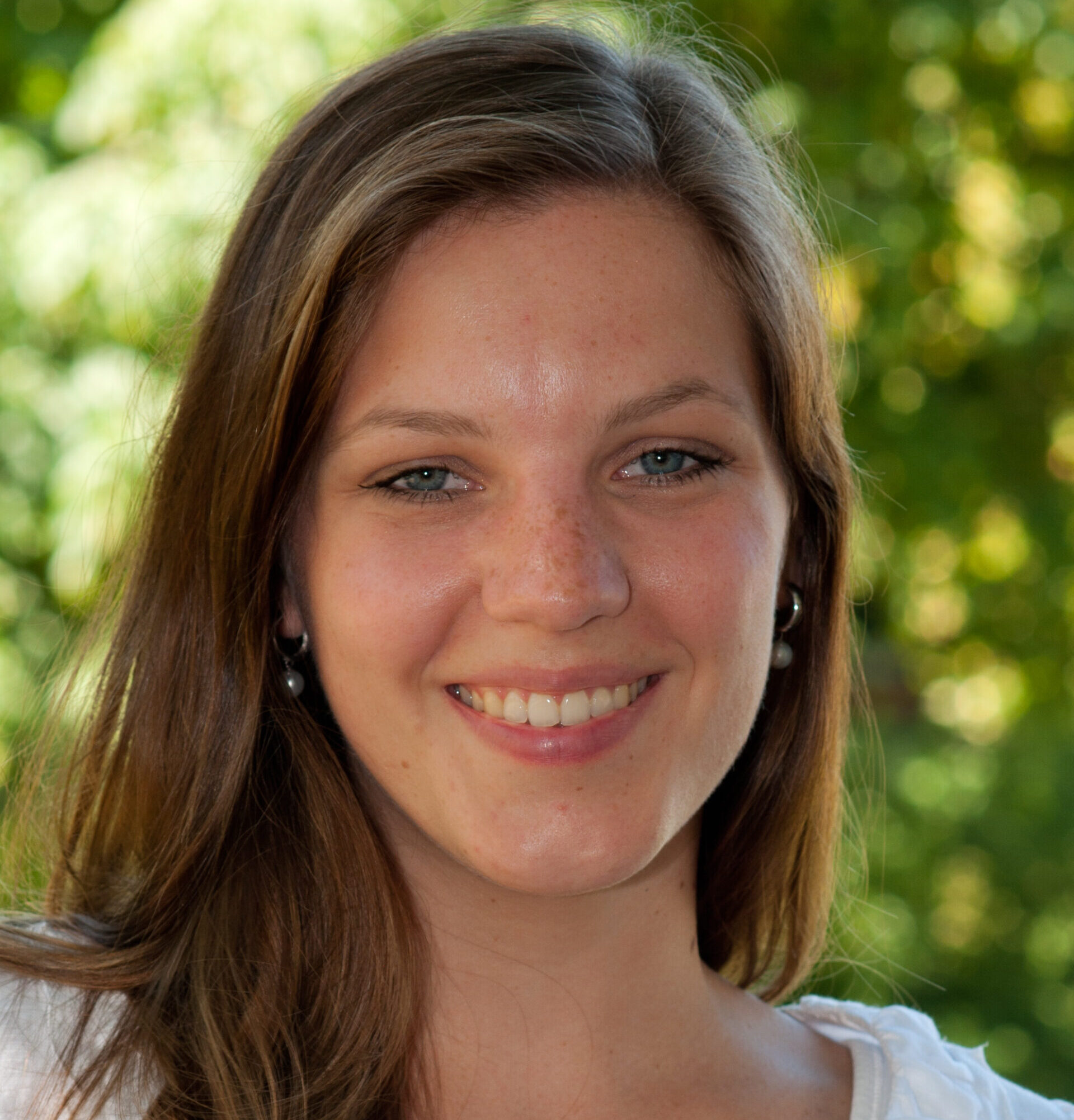
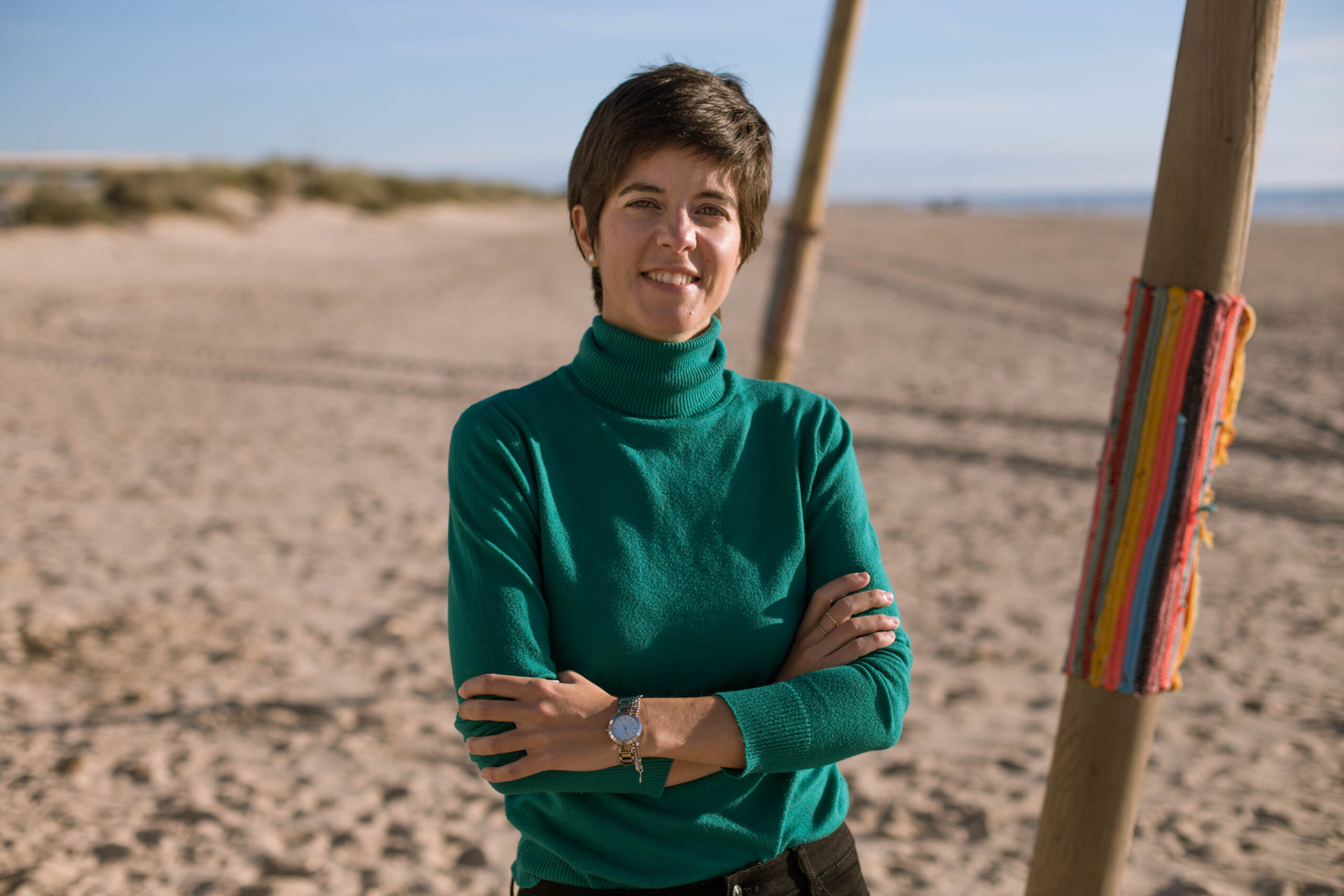
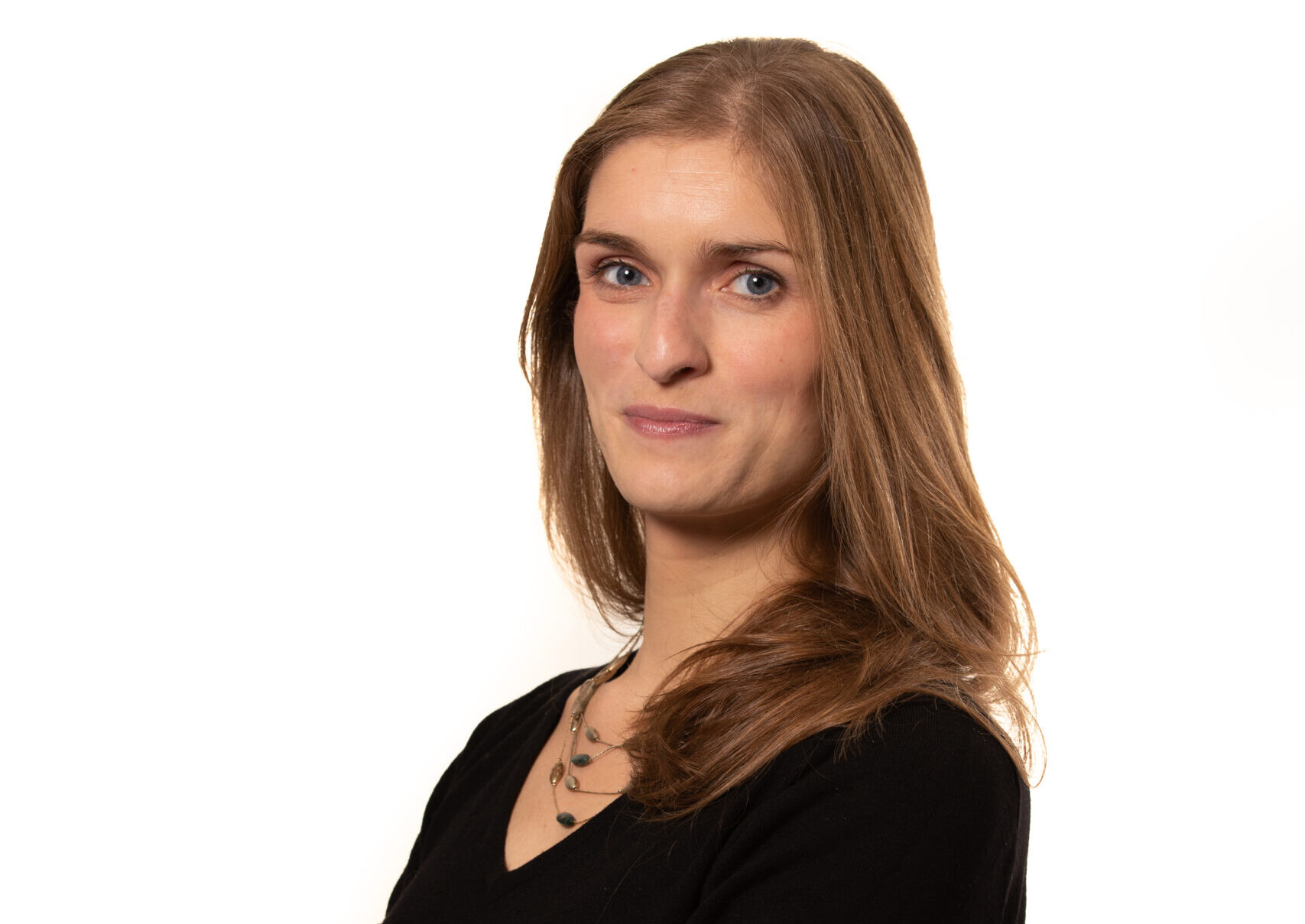

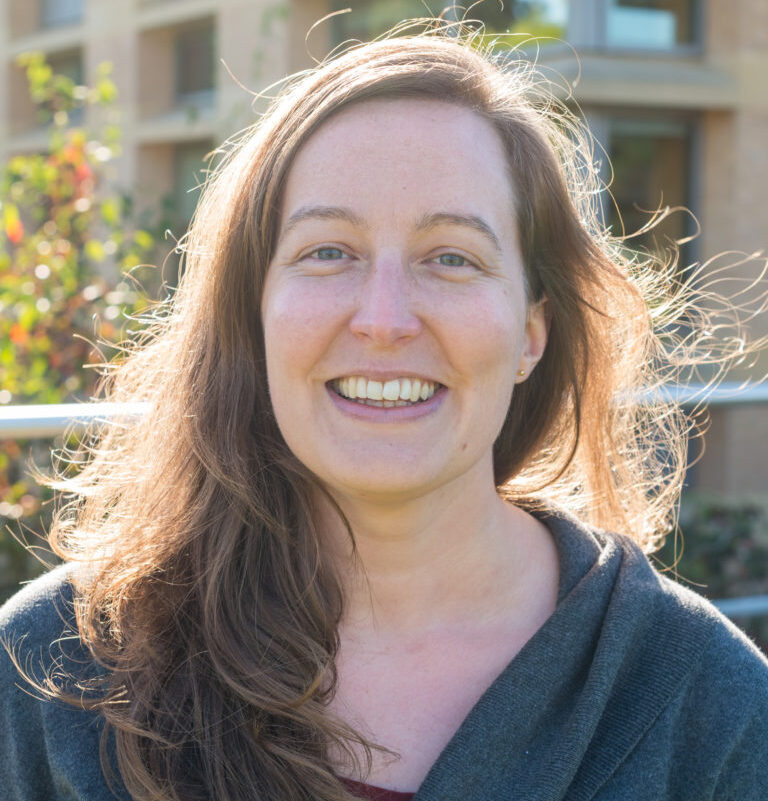
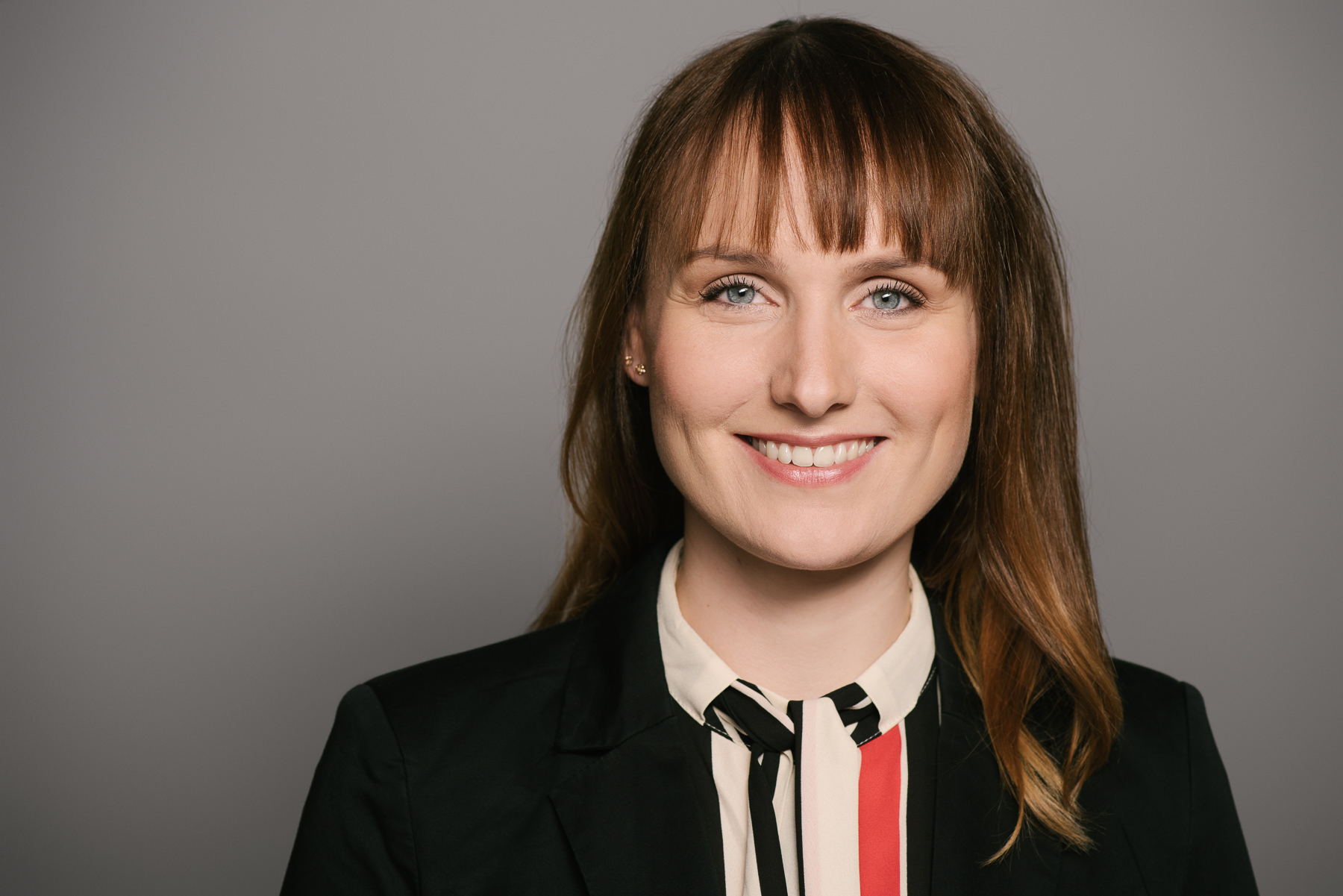
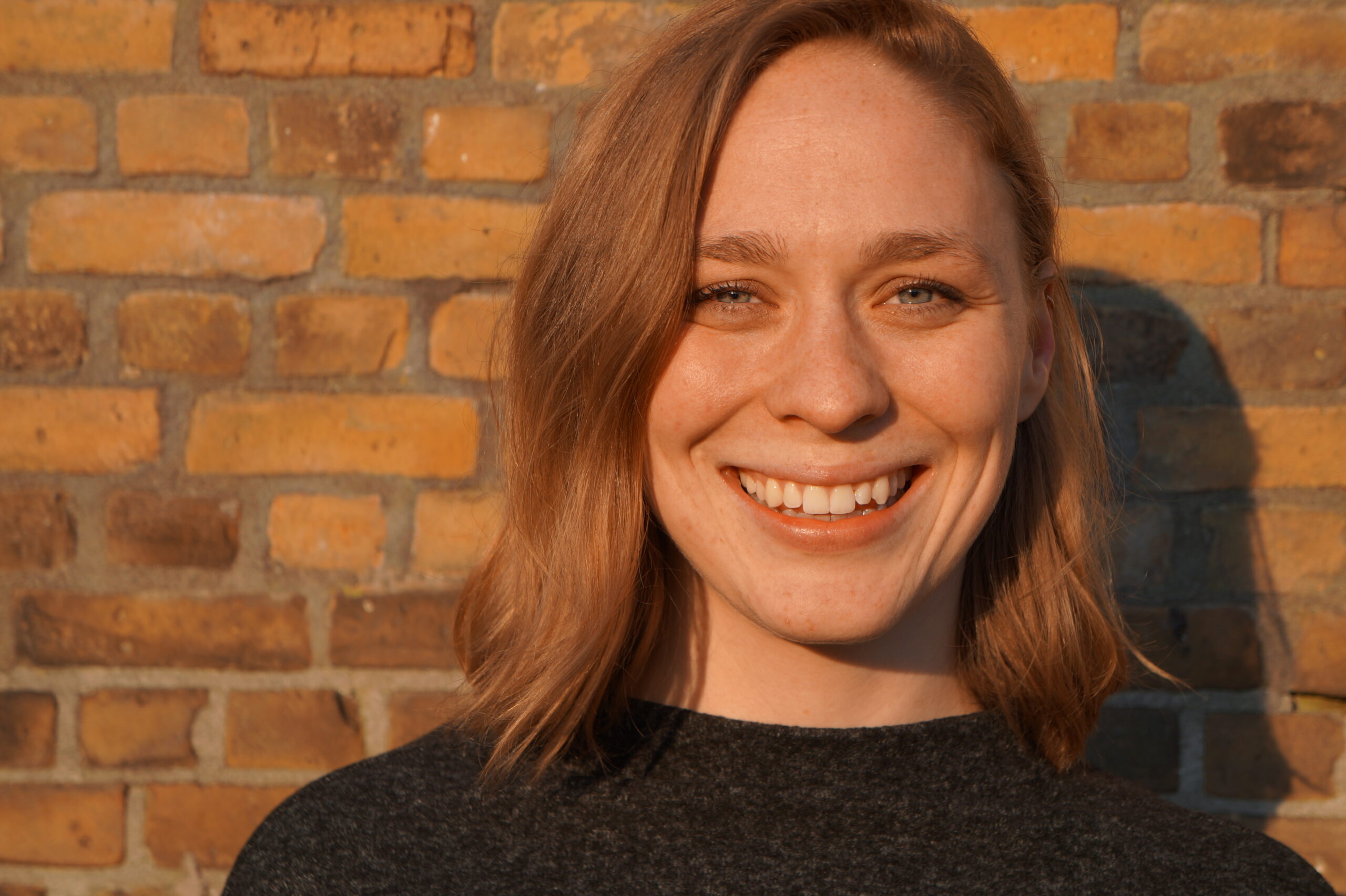
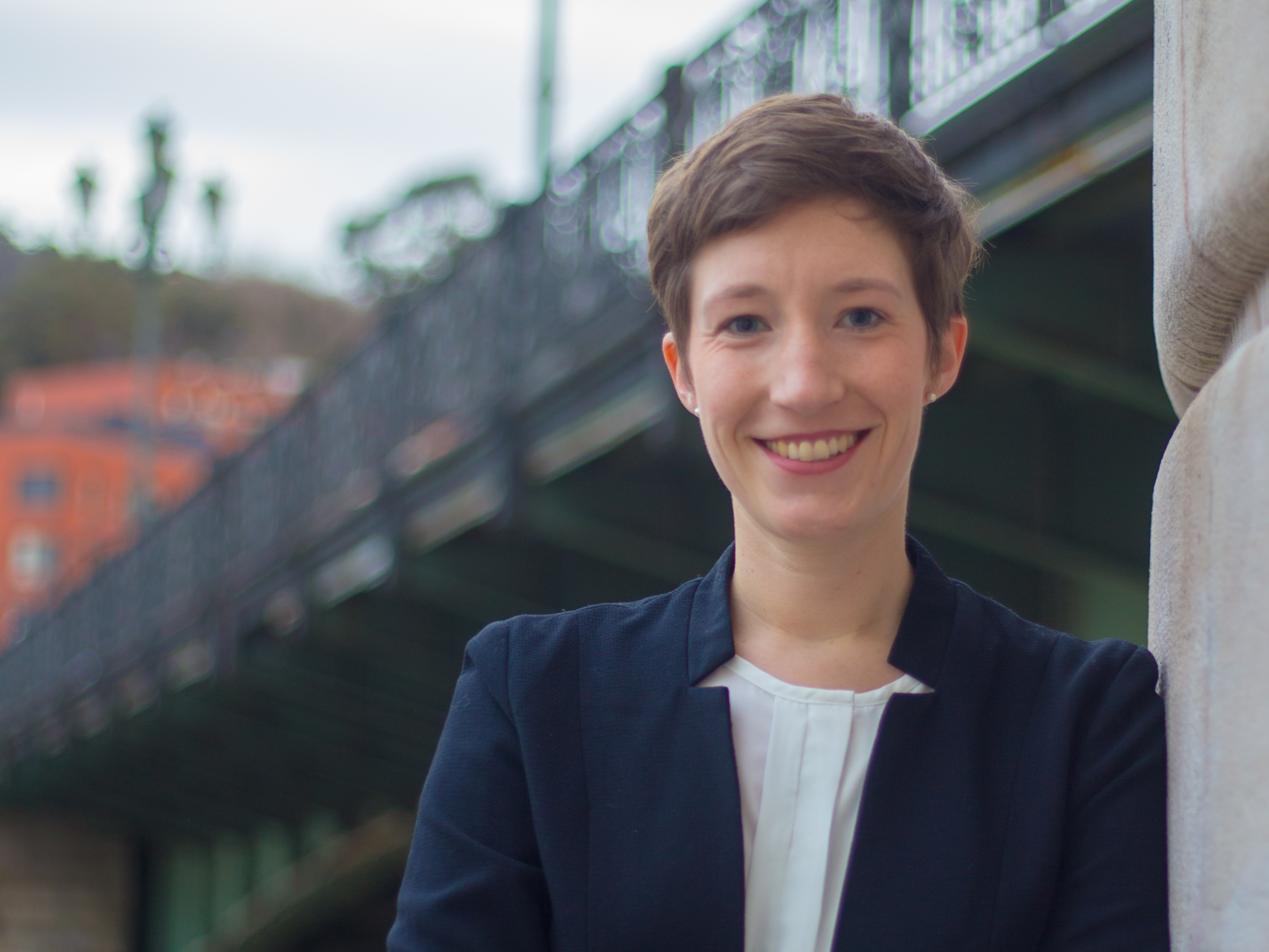
Recent Comments